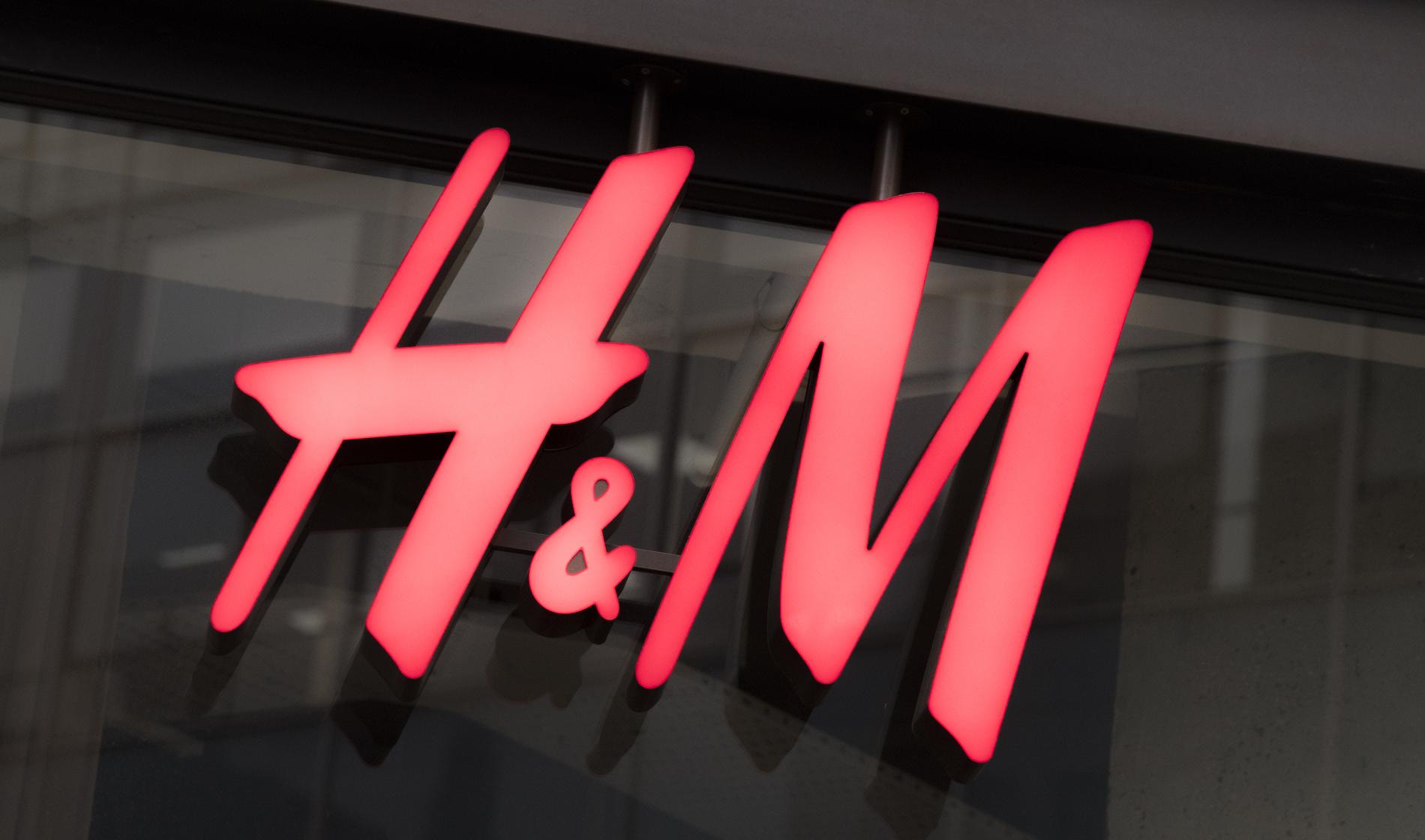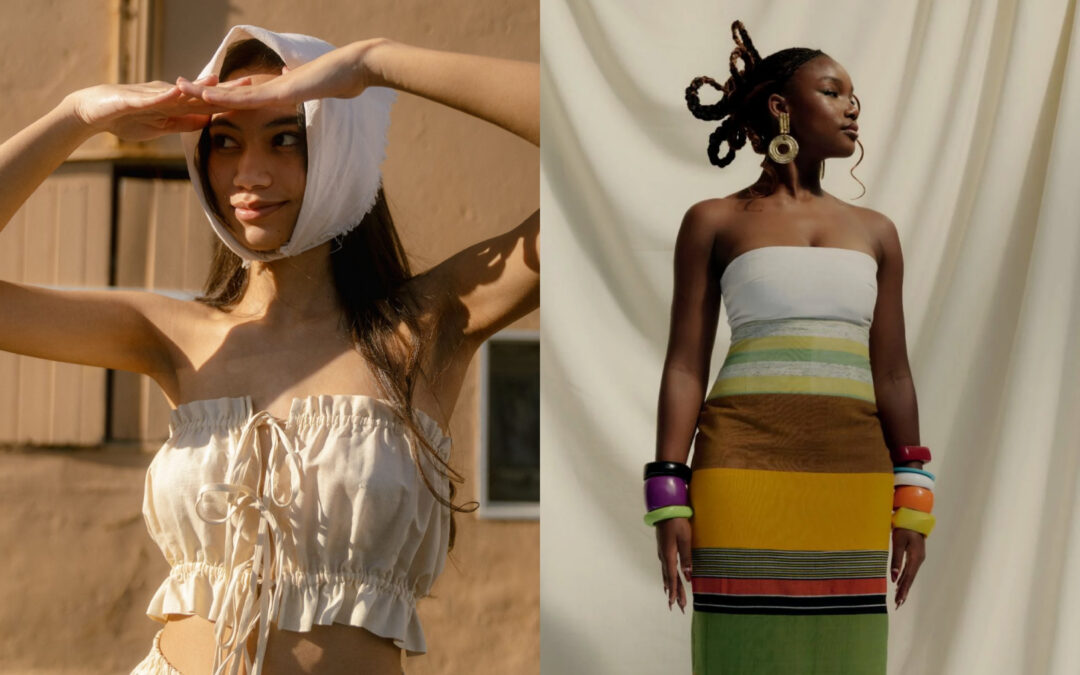It seems that no one is beyond reproach when it comes to the copyright allegations against the world’s biggest fast-fashion retailer, Shein. In an interesting twist of events, Swedish retailer H&M has taken legal action against Shein for alleged copyright infringement. The fashion brand, also known as Hennes & Mauritz, claims that Shein copied its designs, prompting them to file a lawsuit in Hong Kong. The lawsuit aims to secure unspecified damages and an injunction to prevent Shein from further infringing on H&M’s copyrights and trademarks, citing the defendants in the case as Zoetop Business Co, the previous owner of Shein, and Shein Group Ltd.
As reported by Bloomberg, H&M recently submitted a legal filing in which they presented images of their swimwear and sweaters as “evidence” of Shein’s alleged design theft. An H&M spokesperson stated, “We firmly believe that Shein has infringed on several of our designs, and that is why we have taken legal action by filing this lawsuit. As the case is still in progress, we prefer not to provide further comments at this time.”
This comes a mere two weeks after Shein had been taken to task by a host of independent artists in the United States for ‘racketeering’. The lawsuit is filed under The RICO Act, a federal law in the USA designed to combat organised crime. The RICO Act is infamous for its history in charging and incarcerating the Mafia, particularly in order to charge the heads of ‘mobs’ who generally did get their hands dirty, with the Act designed to target the financial heart of organised criminal activities.
While it’s known that fast-fashion tends to copy and distribute ‘knock-offs’, the RICO lawsuit alleges that Shein uses a ‘secret algorithm’ to scour the latest ideas, designs and works across the web – with copyright infringement literally built into the company practices as a functional methodology, an allegation that the lawsuit intends to examine.

Ian West, Pa Photos
As Susan Scafidi explains for Complex, “Fast fashion companies are trying to follow trends. But sometimes instead of just identifying trends and giving them their own spin, they create copies of protected designs using less expensive techniques. In other words, they’re not just happening to copy in the process of following trends and paying attention to what consumers are buying. They are deliberately and systematically and willfully copying in a way that indicates that they’re more of a criminal enterprise than simply a fashion company.”
This is not the first time that H&M has sought legal action against a fellow brand, with their last case being against Forever 21 in this lawsuit. This is a legally-bound, developing story.














